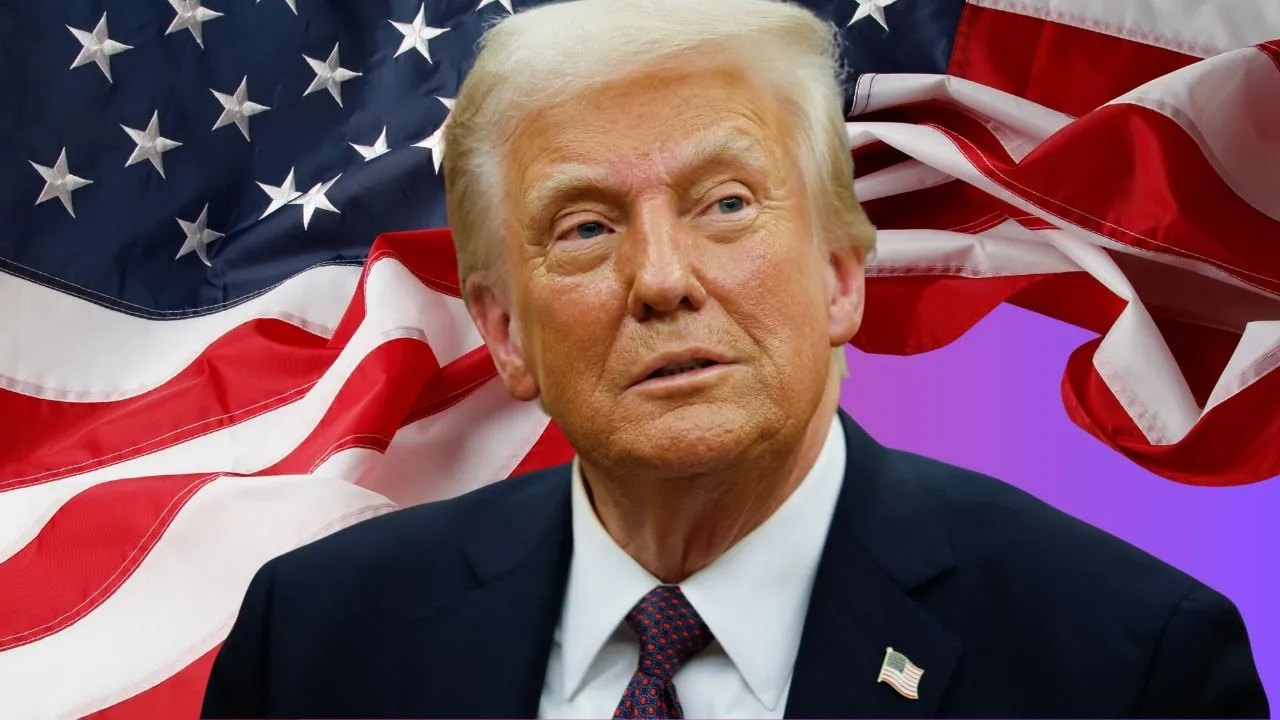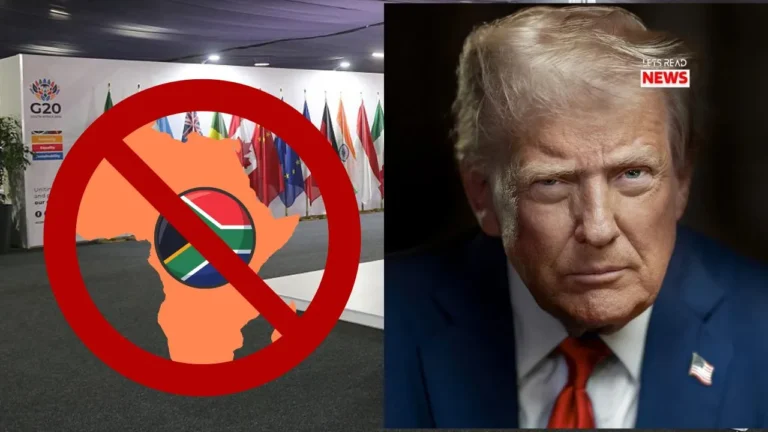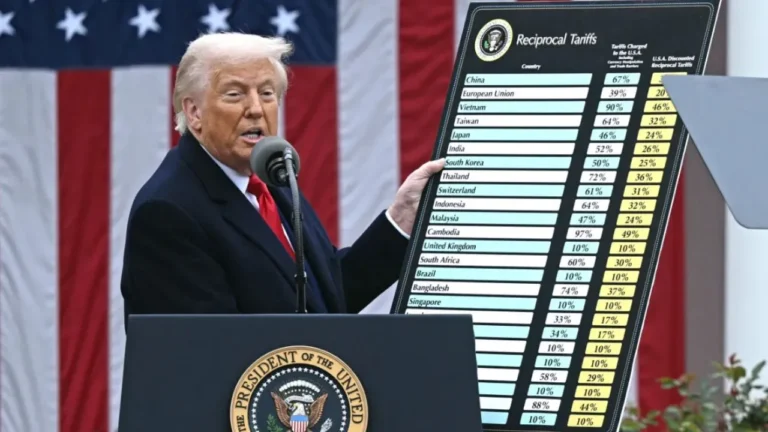Is Donald Trump Suffering from Dementia? Examining the Evidence and the Debate

In recent years, speculation about U.S. President Donald Trump’s cognitive health has grown, fueled by public appearances, media reports, and expert commentary. At 79 years old, Trump is one of the oldest presidents to take office, and moments of apparent confusion, rambling speeches, or verbal missteps have led some to question whether he might be showing signs of dementia. However, others, including his medical team, strongly assert that he remains mentally sharp. This article explores the evidence, expert opinions, and ethical considerations surrounding this sensitive topic.
News in 20 Seconds – Quick Read
Speculation about President Donald Trump’s cognitive health has grown due to public behaviors like rambling speeches and name mix-ups, with some experts suggesting possible dementia. However, Trump’s medical team reports he scored perfectly on cognitive tests, asserting his excellent health. The debate raises ethical concerns about diagnosing from a distance, as the Goldwater Rule advises against it. Public interest reflects broader questions about age and fitness for leadership.
Why the Speculation?
The conversation about Trump’s cognitive health stems from observable behaviors during his public appearances. Some instances include mixing up names—such as confusing Barack Obama with Joe Biden—or veering into unrelated topics, like discussing windmills or decorating during serious discussions. These moments, often highlighted in media coverage, have prompted questions about whether they indicate age-related cognitive decline or something more serious, such as dementia.
Additionally, Trump’s family history has added fuel to the discussion. His father, Fred Trump Sr., was diagnosed with Alzheimer’s disease in 1991, a condition that can increase the likelihood of cognitive issues in family members, though it is not a definitive predictor. Reports, such as one from Vanity Fair in August 2024, note that Trump’s nephew, Fred Trump III, has drawn parallels between his father’s dementia and behaviors he observes in the former president.
What Experts Are Saying
Some mental health professionals have raised concerns about Trump’s cognitive health based on public observations. Dr. John Gartner, a psychologist, has suggested that Trump may exhibit signs of frontotemporal dementia, pointing to changes in his speech patterns and physical behavior, such as a wide-based gait or swinging his right leg in a semicircle while walking. Dr. Harry Segal from Cornell University has also noted a decline in Trump’s verbal fluency compared to earlier years, citing examples like phonemic paraphasias (swapping parts of words) or moments of incoherence.
However, these observations come with significant caveats. The American Psychiatric Association’s Goldwater Rule advises against diagnosing public figures without direct examination, as behaviors like rambling or forgetting names can stem from stress, fatigue, or individual communication styles. The Alzheimer’s Society has emphasized that speculating about dementia based on public behavior alone is misleading and can perpetuate harmful stereotypes about those living with the condition.
On the other hand, Trump’s medical team has consistently defended his cognitive health. In April 2025, Dr. Sean Barbabella, Trump’s physician, reported that the president underwent a comprehensive five-hour medical examination, including the Montreal Cognitive Assessment (MoCA), on which he scored a perfect 30 out of 30. The report concluded that Trump is in “excellent cognitive and physical health” and fully capable of leading the country. Trump himself has dismissed concerns, often referring to himself as a “stable genius” and pointing to his business achievements and electoral successes as evidence of his mental acuity.
The Broader Context
The debate over Trump’s health is not just about one individual—it reflects broader questions about age, transparency, and fitness to lead in politics. At 79, Trump is not alone in facing scrutiny; President Joe Biden, now 82, has encountered similar questions about his cognitive health. Public opinion polls, such as one conducted by Morning Consult in August 2024, reveal growing concern about age in leadership, with 51% of respondents believing Trump is too old to run and nearly 80% expressing doubt about whether he could complete a full second term.
These concerns highlight the intense demands of the U.S. presidency and the public’s desire for clarity about their leaders’ health. Yet, the lack of standardized protocols for assessing cognitive fitness in elected officials complicates the issue. While some call for greater transparency, others argue that speculating without concrete evidence risks unfair judgment and politicization of health issues.
Ethical Considerations
Speculating about dementia or cognitive decline in public figures is fraught with ethical challenges. Dementia is a complex medical condition that requires comprehensive testing, including neurological exams, cognitive assessments, and medical history reviews, to diagnose accurately. Public observations, while noteworthy, cannot substitute for professional evaluation. The Alzheimer’s Society has warned that casually labeling someone with dementia can harm those living with the condition by reinforcing stigma and oversimplifying a serious diagnosis.
Moreover, the polarized nature of political discourse can amplify speculation, with critics and supporters alike using health concerns to advance their agendas. This makes it all the more critical to approach the topic with nuance and respect for medical ethics.
Conclusion
So, is Donald Trump suffering from dementia? The answer remains unclear—and, without a formal diagnosis, it’s impossible to say definitively. While some experts point to concerning signs, others, including Trump’s medical team, assert that he is in excellent health. The debate underscores the challenges of discussing age and cognitive health in politics, where public perception, media narratives, and ethical boundaries intersect.
As citizens, it’s important to focus on verifiable evidence, engage in respectful dialogue, and consider the broader implications of how we address health in leadership. For now, the question of Trump’s cognitive health remains open, reminding us of the complexity of balancing transparency, privacy, and public trust in our leaders.






